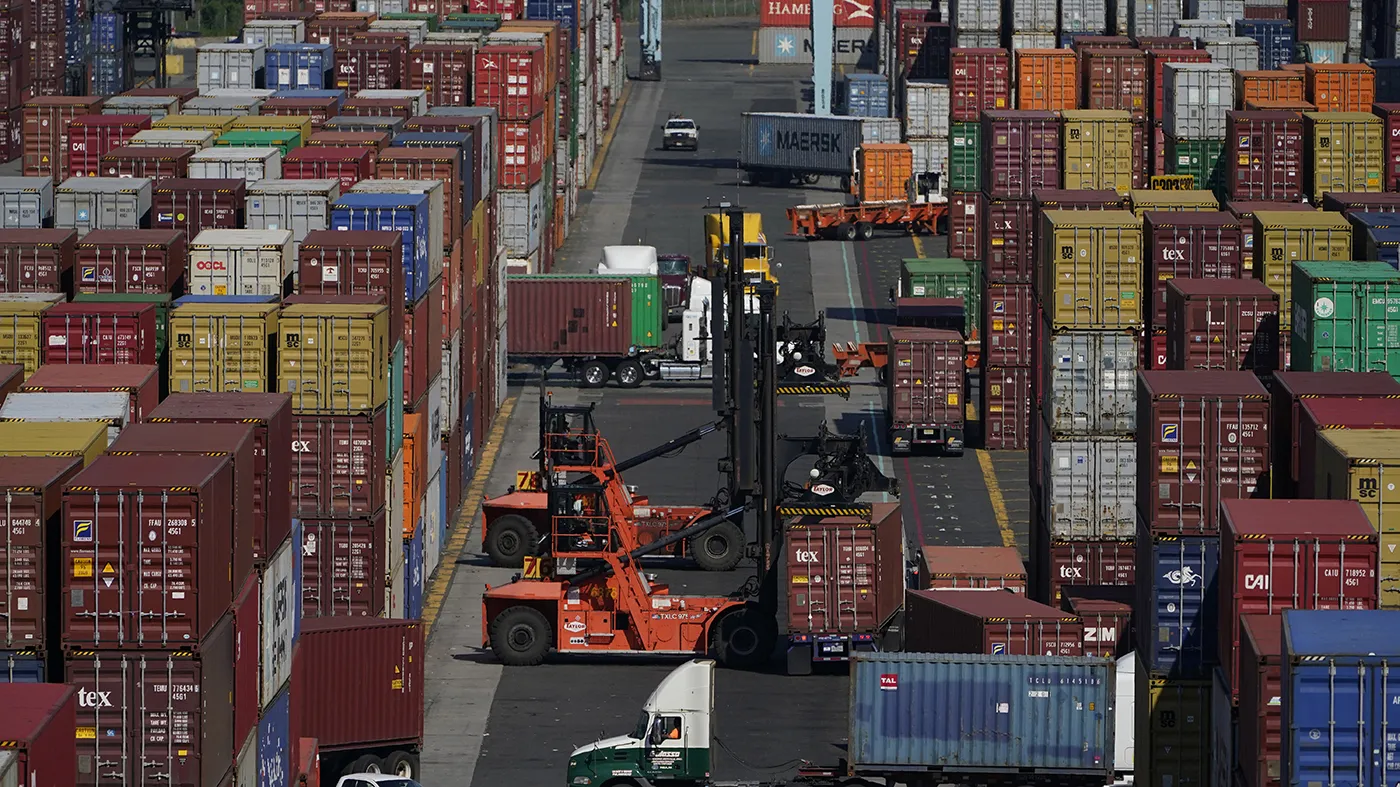Port Workers Strike: The First Major Disruption in Decades Impacts Trade and Economy

Port Workers Strike: A Historical Moment for Labor
Tens of thousands of longshoremen at ports along the East Coast and Gulf of Mexico went on strike shortly after midnight, marking the first strike by the port workers’ union in nearly 50 years. Workers walked off the job from Maine to Texas after the United States Maritime Alliance (USMX) and the International Longshoremen's Association (ILA) failed to reach an agreement by the midnight deadline.
Wage Demands and Automation Controversies
The USMX stated that they “traded counteroffers related to wages” with the ILA, which has demanded higher wages and a complete ban on the automation of cranes and container-moving trucks. Negotiations fell apart over an automated gate at a port in Mobile, Alabama.
- Estimated economic impact ranges from $540 million to $5 billion daily.
- Teamsters General President Sean O'Brien expresses solidarity, criticizing government intervention.
Political Ramifications and Economic Concerns
Pleading for negotiations, President Biden dispatched officials but declined to invoke the Taft-Hartley Act, which could have delayed the strike. Some lawmakers criticize the Biden administration for not acting to protect the economy, while others support the workers' right to fair wages.
- Rep. David Rouzer warns about a backlog at ports affecting November trade.
- Rep. Jerry Nadler emphasizes the importance of longshoremen in the supply chain.
This strike puts additional pressure on an economy still grappling with inflation and supply chain challenges, leading many to wonder how long this vital workforce will remain off the job.
For further details on this situation, please visit the source.
This article was prepared using information from open sources in accordance with the principles of Ethical Policy. The editorial team is not responsible for absolute accuracy, as it relies on data from the sources referenced.